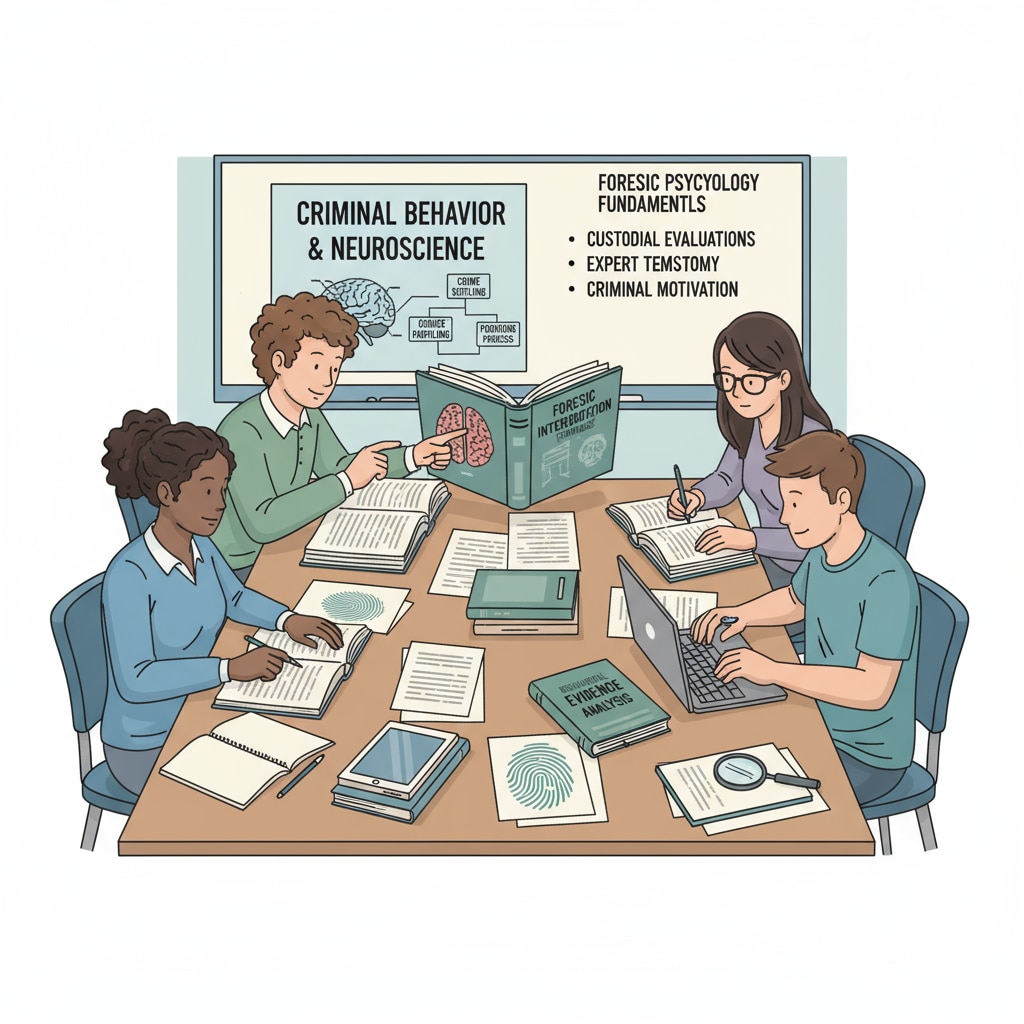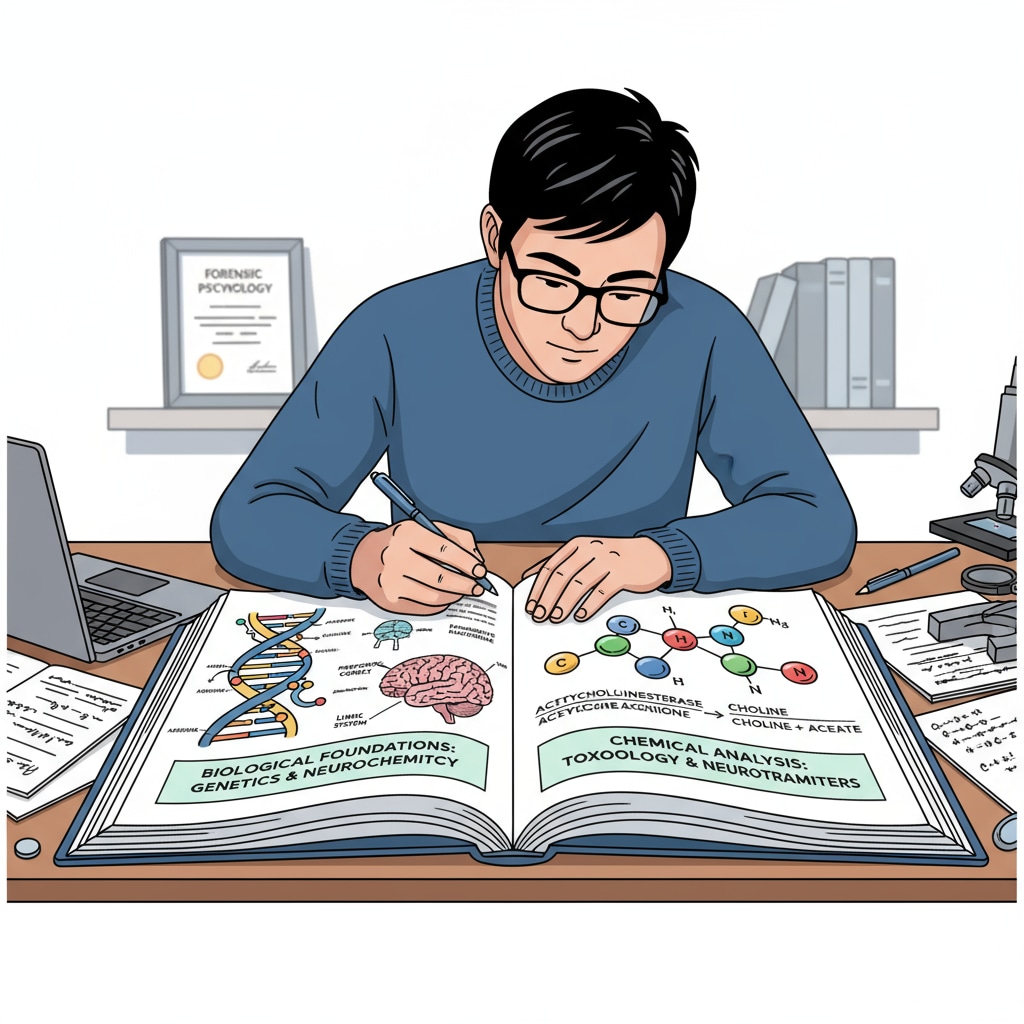Forensic psychology, university pathways, and career planning are crucial aspects for students who dream of becoming forensic psychologists. The journey begins as early as the K12 stage. Setting the right foundation during these years can significantly impact future success in this fascinating field.

Key Subject Preparation
During K12, certain subjects play a vital role in building a strong base for forensic psychology. Firstly, science subjects like biology and chemistry are essential. Biology helps students understand the human body’s functions, which is relevant when analyzing criminal behavior from a physiological perspective. Chemistry, on the other hand, can be useful in forensic investigations, especially in areas such as analyzing substances found at crime scenes.
Secondly, mathematics is not to be overlooked. Skills in statistics and probability are necessary for forensic psychologists to analyze data from research studies and criminal cases. For example, they might need to calculate the likelihood of a particular behavior occurring based on past data.
Finally, English and language arts are fundamental. Strong communication skills are required to write detailed reports, present findings in court, and communicate effectively with clients, law enforcement, and other professionals in the field. As stated on Forensic Psychology on Britannica, clear communication is a cornerstone of the forensic psychology profession.

Extracurricular Activities
In addition to academic subjects, extracurricular activities can enhance a student’s profile and skills for a career in forensic psychology. Joining debate clubs can improve critical thinking and argumentative skills. Forensic psychologists often need to present their findings and arguments in a logical and persuasive manner in court.
Volunteering at local law enforcement agencies or community mental health centers is also highly beneficial. It provides hands-on experience and exposure to real-world situations related to criminal behavior and mental health. This practical experience can give students a better understanding of the field and help them decide if forensic psychology is truly the right career path for them. As per Forensic Psychology on Wikipedia, practical exposure is an important part of preparing for this career.
Another great option is participating in research projects, either at school or through local universities. Research experience helps students develop skills in data collection, analysis, and interpretation, which are essential in forensic psychology research.
Developing the right mental qualities is equally important during K12. Forensic psychologists often deal with sensitive and stressful situations. Therefore, students should work on building resilience to handle the emotional toll of the job. This can involve learning stress management techniques and facing challenges head-on.
Empathy is another crucial trait. Understanding the emotions and experiences of victims, suspects, and their families is essential for effective work in forensic psychology. Students can cultivate empathy through activities such as community service and interacting with people from diverse backgrounds.
Finally, maintaining a high level of ethical awareness is vital. Forensic psychologists must adhere to strict ethical guidelines in their work. K12 students can start by learning about ethical principles in various subjects and applying them in their daily lives.
Readability guidance: By focusing on key subject preparation, extracurricular activities, and mental quality cultivation during K12, students can set themselves on the right path for a successful career in forensic psychology. These early steps will not only help them make informed decisions about their university majors but also prepare them for the challenges and opportunities that lie ahead in the field of forensic psychology.


